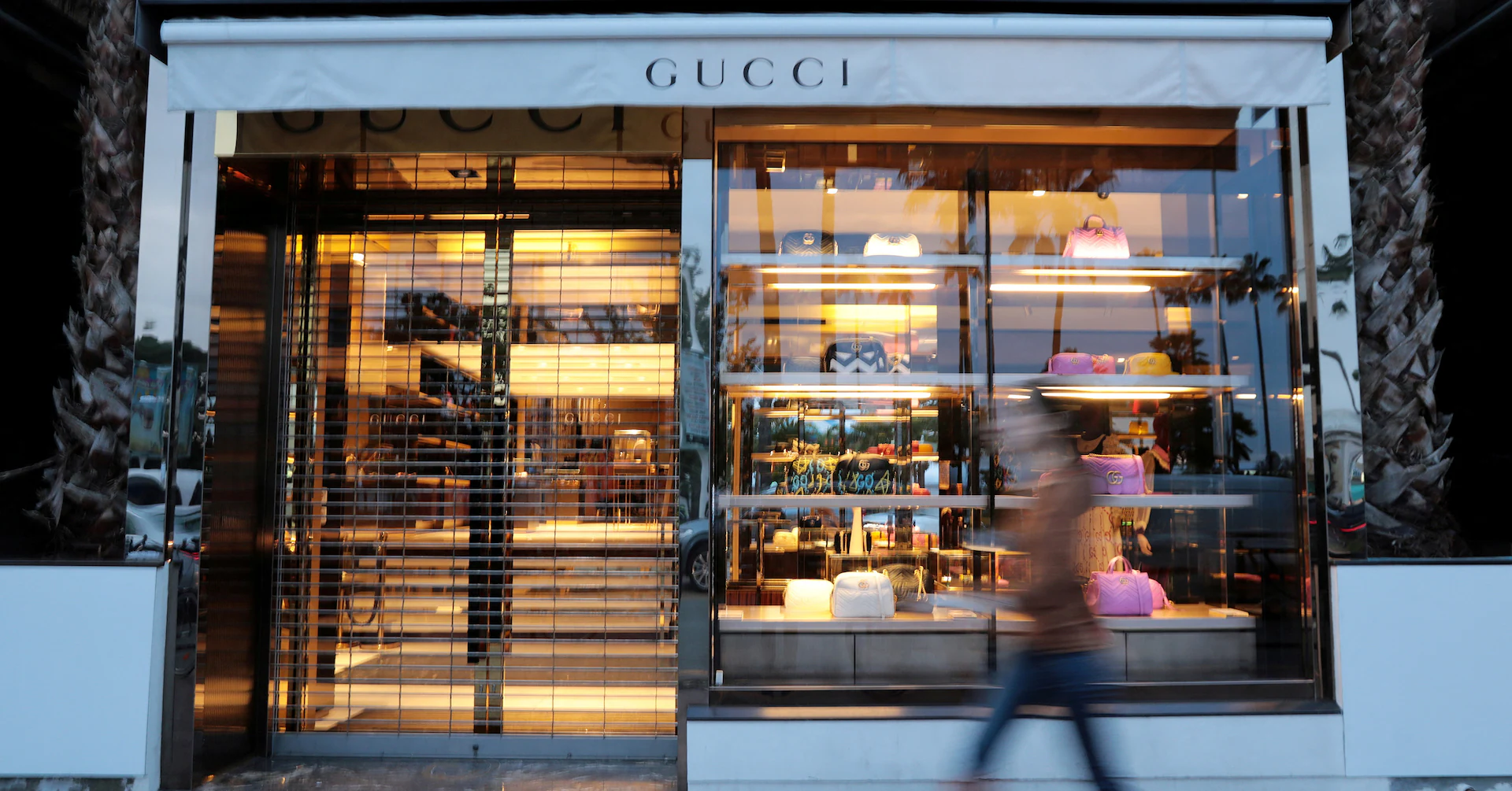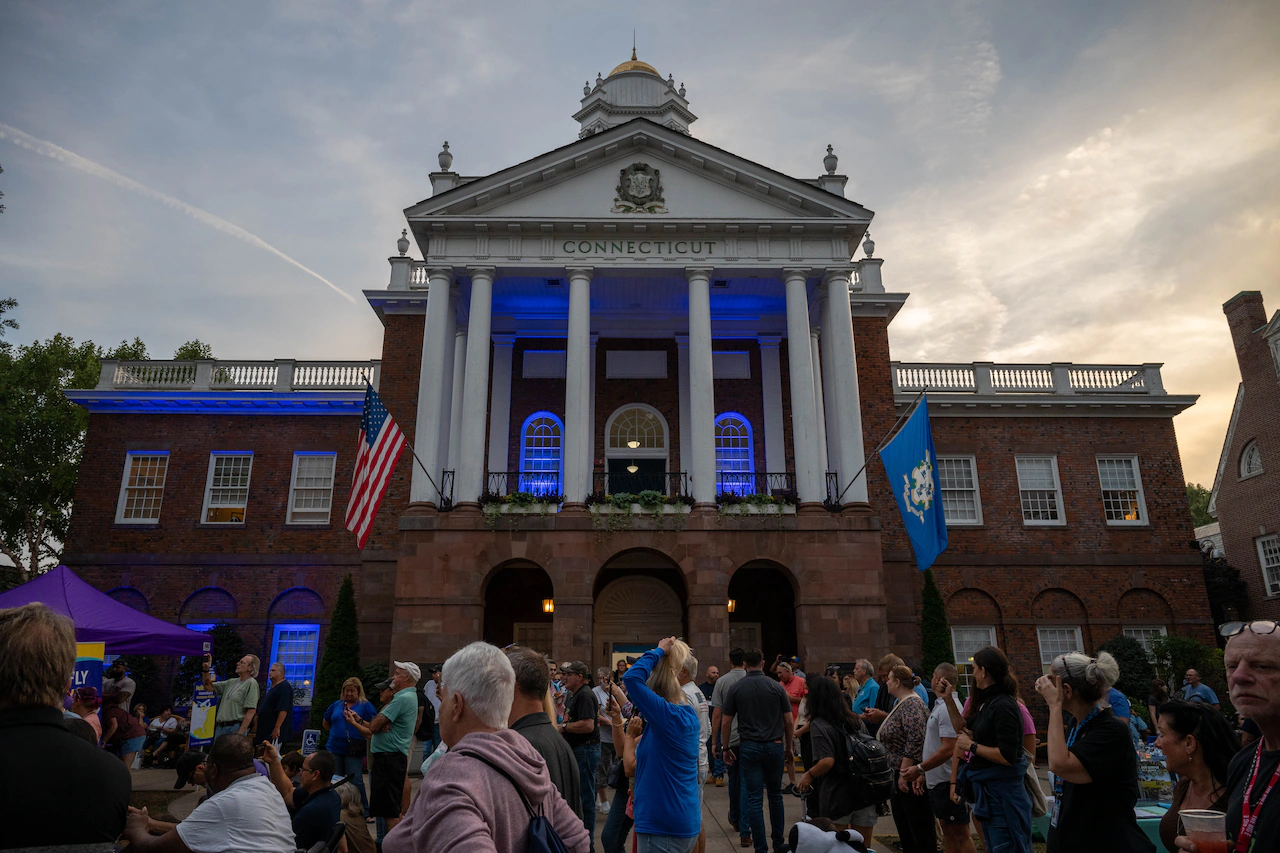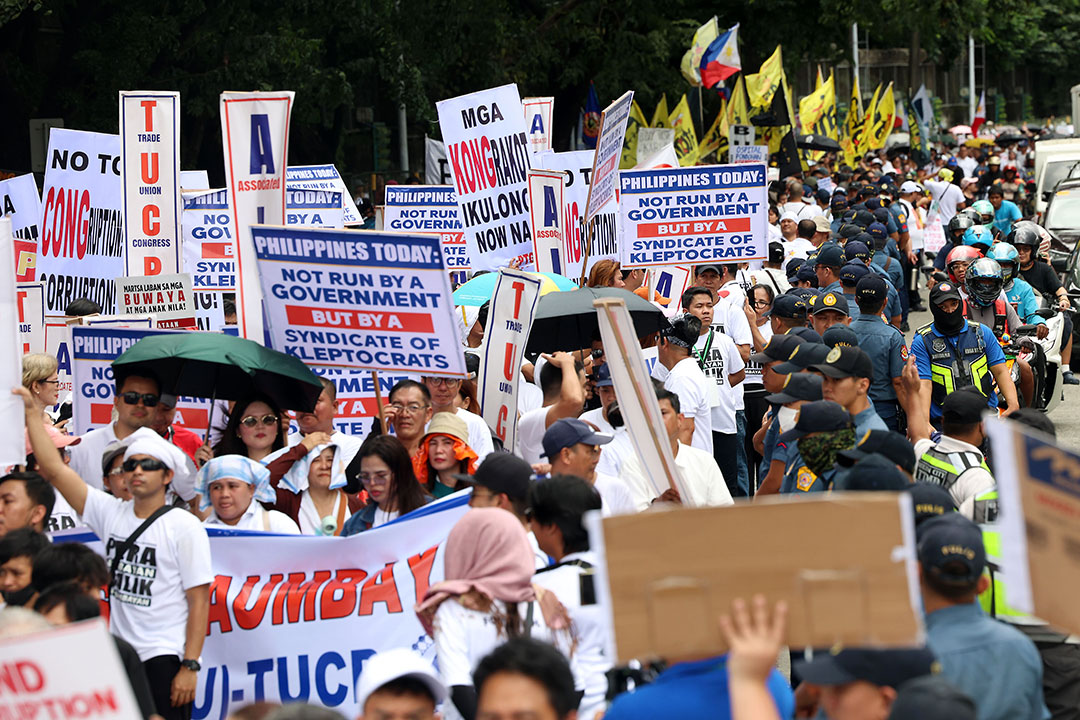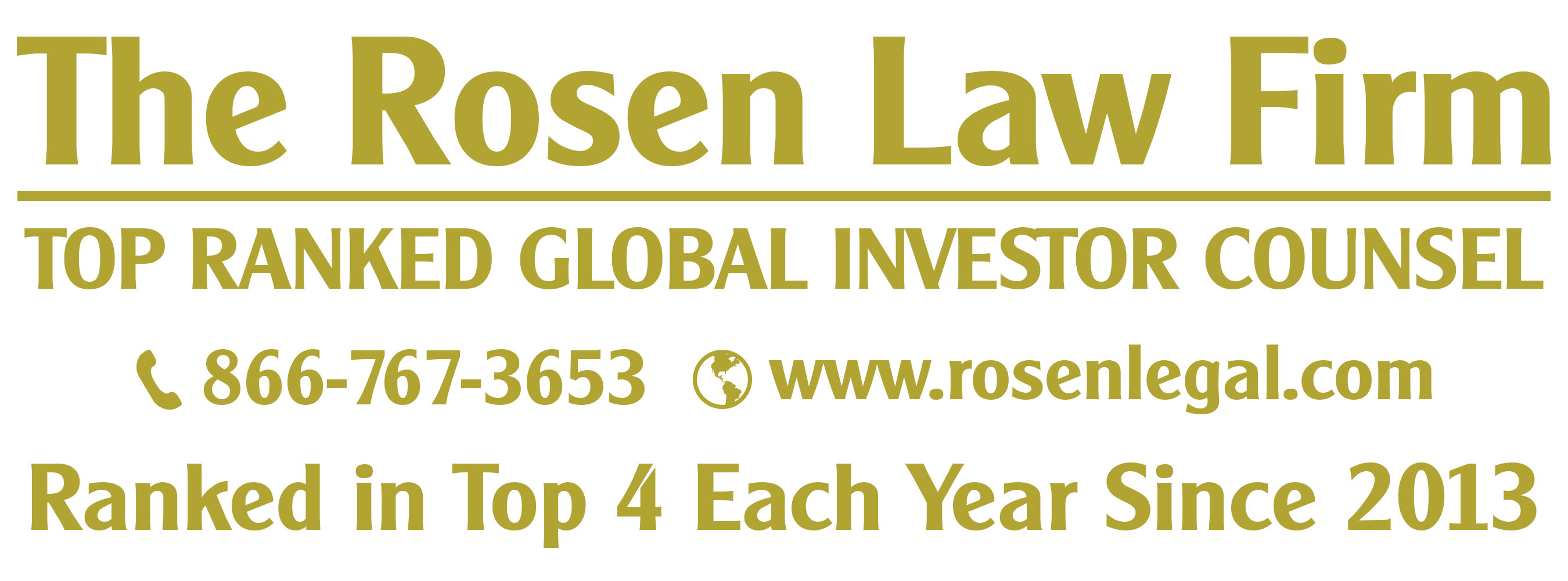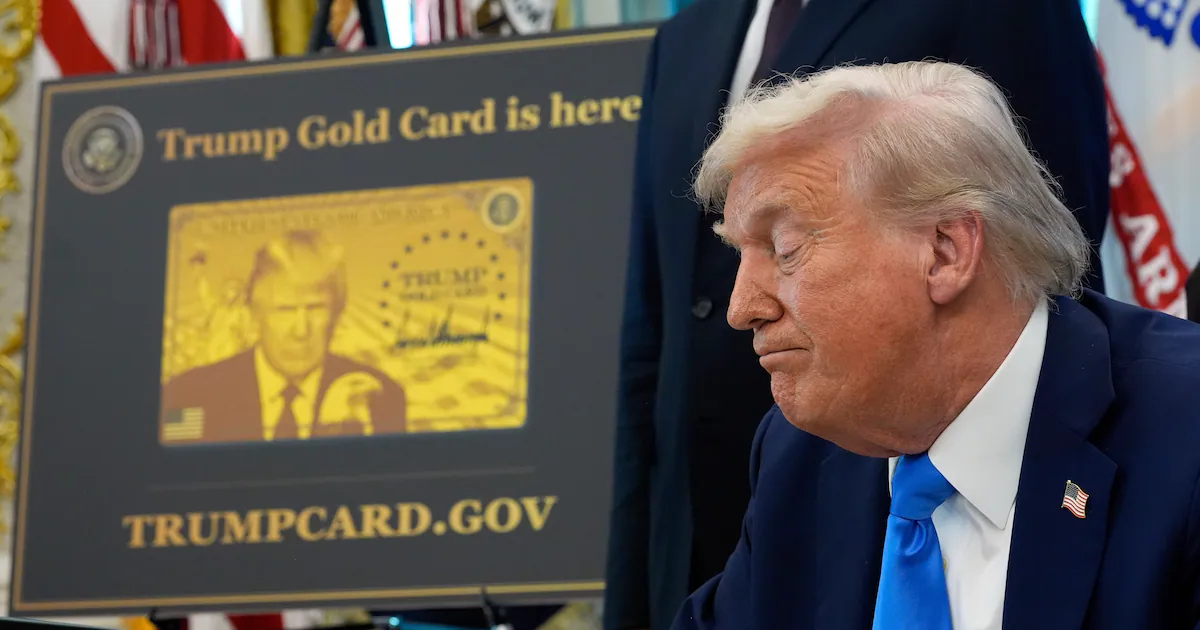
After signing a proclamation last Friday, President Donald Trump is now requiring companies to pay a $100,000 fee to obtain H-1B worker visas as part of the administration’s immigration crackdown efforts.
The policy change for international workers has sent shockwaves through companies in the days since, with many wondering whether they’ll be able to afford the skilled labor they have relied on.
Here’s what we currently know.
Trump’s proclamation
The president’s proclamation, which he signed Friday in the Oval Office, is intended to make it harder for companies to hire foreign workers when they could hire homegrown talent, the White House said.
It will add a $100,000 fee for H-1B visas, which employers typically pay. Current fees are generally around $2,000 to about $5,000.
The administration argued that H-1B visas are “one of the most abused visa systems” in the country. This fee increase is intended to ensure that the people companies bring in are “actually very highly skilled” and “not replaceable by American workers.”
“We need workers, we need great workers and this pretty much ensures that that’s going to happen,” Trump said.
Commerce Secretary Howard Lutnick said the fee is an attempt to push U.S. companies to hire recent graduates from American universities and not spend time and money training foreign-born workers.
“Stop bringing in people to take our jobs. That’s our policy here,” Lutnick said.
The administration said “all of the big companies” were on board with the idea and were also in favor of Trump’s “Gold Card” idea.
Trump’s Gold Card is a new idea that will essentially fast-track wealthy individuals who want to immigrate to the United States. It will offer visas to people who make financial contributions to the government. Individuals must pay $1 million directly to the U.S. to earn the Gold Card status, or $2 million if the individual’s immigration application was sponsored by a company. It also includes a $415,000 vetting fee from the Department of Homeland Security. The administration is describing it as having “exclusive privileges” and hopes to sell about 80,000 of them.
Under Trump’s announcement and new policy, which took effect Sunday, applications submitted after Sept. 21 will be subject to the $100,000 fee. It does not impact people who are already in the U.S. on H-1B visas, but that was not immediately clear, and it did raise questions on whether the fee would impact people trying to get their visa renewed.
H-1B visa origins and debate
The H-1B visa program was signed into law in 1990 by then-President George H.W. Bush.
It allowed U.S. companies to hire skilled workers from other countries to temporarily work for them. The program focused on “specialty occupations” in the tech, finance and medical industries and was designed to target areas where building a skilled workforce was a critical need.
While the program was working smoothly for years, it’s been under a microscope in recent years.
Late last year, Trump ally Elon Musk and the president’s supporters disagreed over the visa program.
Musk came to the United States on an H-1B visa and has been a supporter of the program, which allowed him to build a life and multiple businesses in the U.S. He was criticized for supporting the program by anti-immigration Republicans and activists on the right who wanted the program to be changed under Trump’s leadership.
The debate came shortly after the Biden administration released a rule outlining who can apply for H-1B visas after years of lobbying for a more streamlined process.
H-1B visas allow people to be lawfully admitted to the U.S. as workers, but not as a lawful permanent resident. The visas typically are valid for three years but can be extended for up to six years. They require at least a bachelor’s degree in the specific field.
While the individual must file an application through the country’s immigration process, an employer must also file forms petitioning for permission to hire the immigrant worker. The program had a cap of 65,000 visas per year, but more were allowed for individuals who held an advanced degree or specialty knowledge in the field.
H-1B visa statistics
According to U.S. Citizenship and Immigration Services, the H-1B visa program brings in thousands of foreign skilled workers for various industries each year.
According to the USCIS data, Amazon, Microsoft, Meta, Apple, Google, JPMorgan Chase, Walmart and Deloitte are among the companies that employe the most workers on H-1B visas, with more than 35,000 employees enrolled in the program as of June 2025. More than 300 company entries were listed under Utah ZIP codes, the data showed.
Since its 1990 creation, Congress has limited the number of H-1B visas available annually. Currently, the cap is set at 65,000, with an additional 20,000 for workers with master’s or doctorate degrees, totaling 85,000 workers allowed in the U.S. under the program.
Companies scramble and economists warn
The administration’s rollout of the new fee confused many people, especially after different messages were delivered on whether the $100,000 fee applied to individuals looking to have their H-1B visas renewed.
The White House put out FAQs on the changes, saying the new fee is only for new visas, and does not apply retroactively or to renewals.
Some tech executives are applauding Trump’s change while others are panicking over what it could mean for their workforce.
For example, Netflix co-founder Reed Hastings said he believes the payment is a “great solution” because it will make H-1B visas only used for “very high value jobs” and create more certainty. OpenAI’s Sam Altman told CNBC that the country needs “the smartest people” and streamlining that process “seems good to me.”
However, experts told the outlet that the changes could prevent some tech companies from securing top talent. It would primarily hurt startups and emerging companies that are not as wealthy or established as some of the industry’s giants.
A JPMorgan Chase report predicts that as many as 5,500 fewer work authorizations each month could occur under the new policy as companies strapped for cash opt not to buy into the program anymore, Business Insider reported.
More changes could come
This week, the administration also announced proposed changes to the H-1B visa selection process.
According to a proposal Tuesday shared publicly by the Federal Register, the Trump administration is looking to prioritize employers who pay higher wages if annual visa requests exceed that 85,000 total visa cap.
The administration said it’s an effort to protect American workers as there is concern that a “surplus of foreign labor could depress wages for all workers in the long run.”
